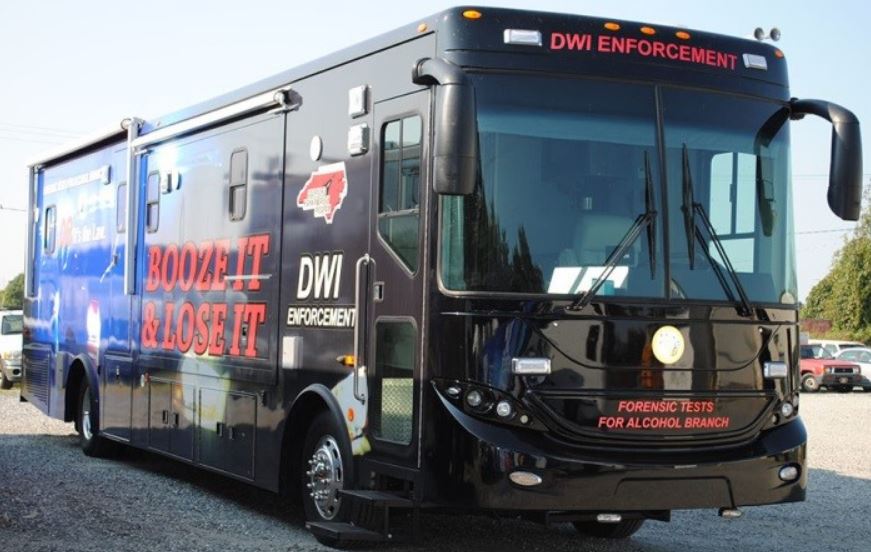Drivers in Wayne County and all other 99 counties across the state should look out for the BAT-mobile cruising their local streets this summer.
And this BAT-mobile will have a singular mission – to get impaired drivers off the roads.
The BAT-mobile refers to mobile Breath Alcohol Testing Units, used by local law enforcement agencies as part of campaigns to keep impaired drivers off the streets.
“BAT-mobiles – while not exactly the same as the one Batman drove – are a pretty critical tool for fighting crime in North Carolina, especially when it comes to impaired driving,” said Governor’s Highway Safety Program Director Mark Ezzell.
This is part of an ambitious plan to conduct a BAT-mobile enforcement campaign in every North Carolina county in order to curb impaired driving from Memorial Day to Labor Day, which encompasses the 100 deadliest days of the year on the road.
The time of year is especially dangerous for teenagers, who are 16 percent more likely to be involved in a fatal crash during this time period, according to the National Highway Traffic Safety Administration.
During the 100 Deadliest Days campaign, BAT-mobiles will be used at DWI Checking Stations or during other impaired driving enforcement effort conducted by local law enforcement agencies. Campaigns are generally conducted at locations with a high rate of impaired driving crashes.
BAT-mobiles are operated by the Forensic Tests for Alcohol Branch, a division of the N.C. Department of Health and Human Services. The units allow law enforcement to conduct breath alcohol and other sobriety tests, are fully equipped with the instruments and forms necessary for a law enforcement officer to test and process a driver arrested for an impaired driving offense, and even have office space for a magistrate to operate in order to make the process of charging an impaired driver more seamless.
The N.C. Governor’s Highway Safety Program provides grant funding to DHHS each year to operate seven units statewide.

